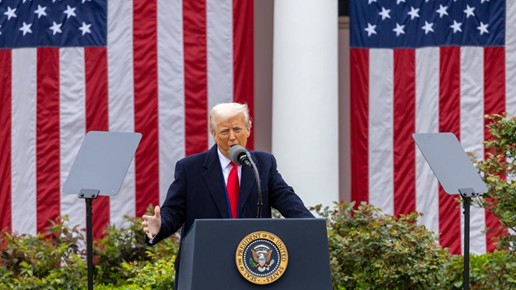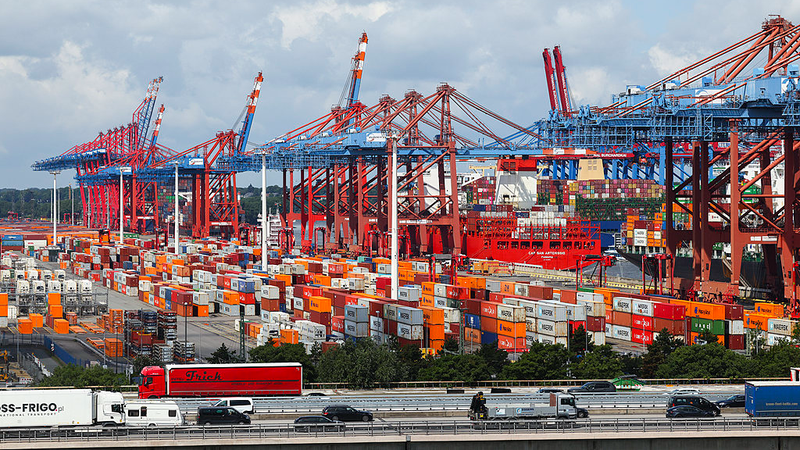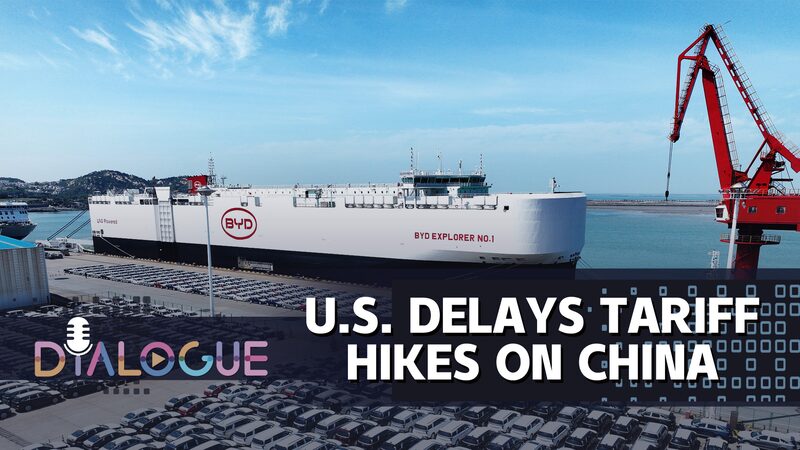As the U.S. concludes its 90-day tariff pause, global trade negotiations reveal deepening fractures between Washington and its partners. Recent deals highlight a pattern of asymmetrical concessions, raising questions about whether American trade strategies prioritize mutual benefit or unilateral gains.
Allies Under Pressure
Canada recently scrapped its digital service tax targeting U.S. tech giants, forfeiting $7.2 billion in potential revenue to avoid escalating tensions. Meanwhile, the U.K. retreated from its opposition to American agricultural imports amid heated negotiations. Analysts suggest such compromises may embolden Washington to adopt tougher stances, even toward traditional allies.
Asia in the Crosshairs
India faces mounting pressure to open its soybean and dairy markets to U.S. exports, while Japan struggles with auto tariffs blocking access to American consumers despite agreeing to purchase more U.S. soybeans and grains. These disputes have stalled progress in key trade talks, according to recent reports.
The Soybean Strategy
Data from the 2024 U.S. Agricultural Export Yearbook reveals China and the EU as top soybean buyers, but potential tariff impacts have driven Washington to aggressively target new markets. Vietnam’s recent agreement with the U.S. exemplifies this shift: American goods enter duty-free, while Vietnamese exports face 20% tariffs and third-country transshipments incur 40% charges.
As negotiations continue, observers warn that coercive tactics risk long-term economic trust. "Trade shouldn’t be a zero-sum game," remarked one Asian trade analyst, speaking anonymously. "Sustainable partnerships require balancing interests—not just leveraging power."
Reference(s):
cgtn.com







